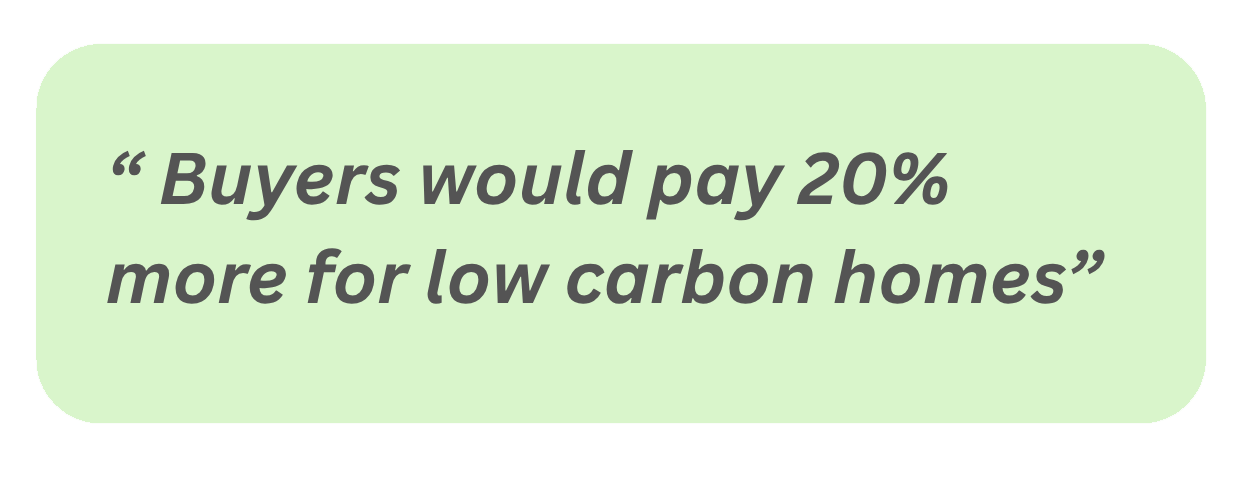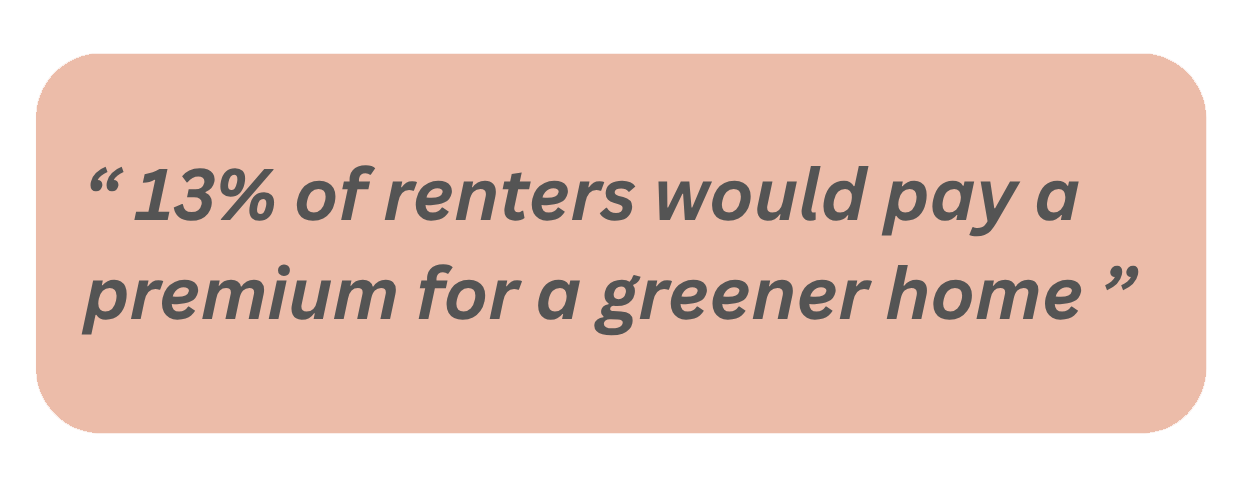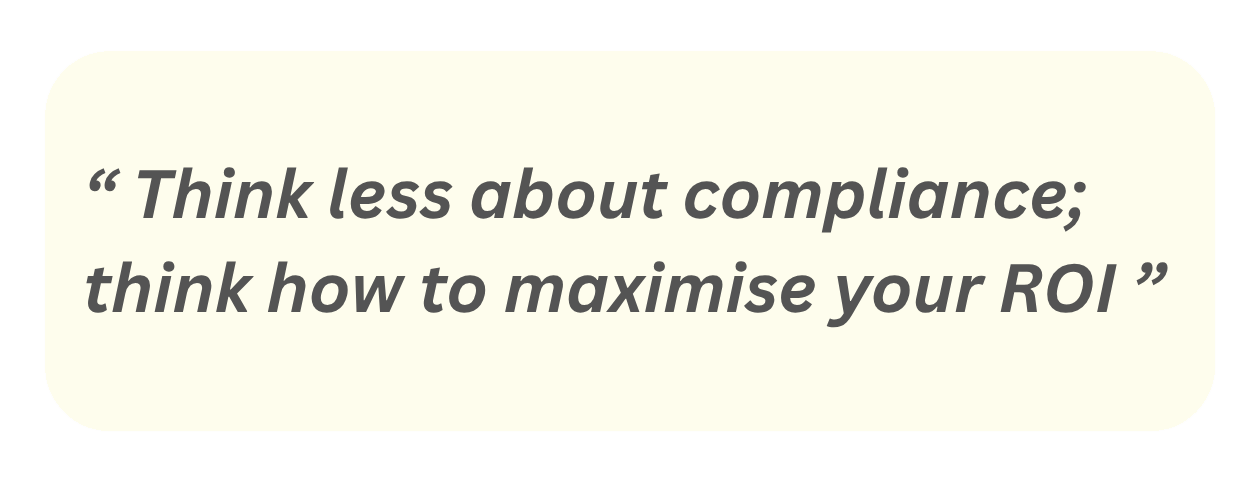
Turning Compliance into Cashflow – Greening Homes for Profit
At Turners, we’ve partnered with energy advisors and retrofit specialists, GreenFlip to explore how landlords can potentially create ‘zero bill homes’, to boost returns, attract better tenants, and increase long-term asset value.
We recently sat down with Amandeep Kalra, founder of GreenFlip, to talk about how “bill-free” homes are fast becoming a game-changer in the rental and sales market.
Amandeep, welcome, tell us a bit about the background to GreenFlip first.
Amandeep: Thanks for having me! GreenFlip is all about unlocking the hidden potential in older housing stock by retrofitting properties to be ultra energy-efficient—ideally to the point where they’re almost utility-bill-free.
Initially we identify ideal retrofit properties, generating full upgrade plans (solar panels, heat pumps, storage batteries), running ROI modelling, and connecting landlords with trusted, vetted installers.
Then we would work alongside agents like Turners to ensure smooth project management and together we eliminate the headache often associated with retrofitting a home for landlords.
In short, we focus on making homes more efficient, cheaper to run, and much more appealing to renters and buyers.
Hang on! You’re saying, ‘utility-bill-free’ and ‘zero bills homes’? You mean literally no energy bills?
Amandeep: Practically speaking—yes, almost no bills.* We’re talking about homes powered by solar panels and heated with air-source heat pumps. These homes ditch gas entirely and run on electricity, much of which is generated on-site. Assuming the property already has basics like insulation and double glazing (which around 70% of UK homes do), the rest is achievable.
*Excluding water rates and council tax; and any other optional bills that a tenant may sign up to e.g. broadband.
Utility bill free homes sounds attractive, but the landlord isn’t paying the bills so—why should they care about energy efficiency right now?
Amandeep: Three reasons: regulations, returns, and resilience.
Because, like it or not change is coming—fast. Regulations are moving toward a minimum EPC C rating for rental properties, possibly as soon as 2028 or 2030, and non-compliant landlords risk fines and losing letting rights.
But here’s the flip side: properties that meet or exceed these standards are in high demand. Get ahead of the curve and you won’t just avoid penalties—you’ll benefit from higher rents, longer tenancies, and stronger resale values.
Just imagine how much your property would stand out if Turners were able to advertise that it was a ‘zero bill home’.

But haven’t we been here before with the Renters Reform Bill still not happening and the EPC regulations got put back and the move towards net zero seems shaky… isn’t it pointless to invest in something that might not become law?
Amandeep: It’s a fair question. But the market is already shifting, regardless of regulations.
-
A recent (L&G study) shows buyers are willing to pay more for low-carbon homes
-
Octopus Energy, the country’s largest energy supplier, is supporting initiatives for homes to become ‘bill-free’ (source)
-
And even social housing is going green—Esh Construction just completed retrofits for 80+ properties in the North East (source). If housing associations are going all-in, it’s a strong signal for the private sector as they will need to step up at some point.
Even if regulations stall, demand isn’t slowing down. Green homes are simply better assets.
When you say retrofit a property to make it energy efficient what do you mean?
In essence, this refers to three key upgrades: air source heat pumps, solar panelling, and battery storage. There are some requirements needed to fit these such as a hot water tank and space for a battery, plus outside space for the heat pump – so admittedly landlords owning leasehold flats are unlikely to be able to take full advantage, but HMOs, Developers, and Freeholders may all benefit.
Though I should also point out, such schemes assume that your property/ies already have double glazing and insulation, which most homes already do: and putting it bluntly if your properties do not, then you should likely start there first.
What kind of costs are we talking about to make my house energy efficient?
Amandeep: Costs are variable. Without grants, you could be looking at a significant upfront cost. But with government support—like the Warm Homes Plan—and partnerships with companies like Octopus Energy, there are increasing opportunities to dramatically reduce your outlay If your tenants have less that £35,000 annual income or house is in a certain postcodes, you may be able to get up to £30,000 grants to cover green upgrade works per home.
It’s worth considering that research shows 13% of renters would pay a premium for a greener home. You could build those savings into the rent and still come out ahead.
Plus, when it comes to resale, buyers are willing to pay up to 20% more for low-carbon homes.
Of course, the grants are time sensitive. At the time of writing, grants for air source heat pumps are due to end in 2027.

Let’s talk returns—how soon can a landlord see a return on investment?
Amandeep: If the grants are available to cover a significant portion of the upgrade costs , then almost immediately.
However, this isn’t suited to short-term flippers or ‘accidental landlords’ —it’s for professional landlords with a mid-to-long-term view.
When the Renters Reform Bill does pass (as it will eventually) tenants will be handed the means to make more demands on landlords and it is very likely many councils will look to create a landlords register, as we have seen by the stealthy increase in ‘licensing schemes’ across the country.
This is about more than being compliant, this about adding value to your assets and protecting your assets against changing EPC regulations
So if I’m a landlord that has a portfolio of properties—what can GreenFlip actually do for me?
Amandeep: GreenFlip can:
-
Analyse your portfolio to identify homes most suitable for retrofitting
-
Create custom upgrade plans and apply for grants on your behalf
-
Model the ROI for each property
-
Introduce vetted installers who can deliver high-quality work
-
Ultimately, help you create a portfolio of homes that are warmer, more comfortable, more profitable—and futureproof
To reiterate, tell me again, what are the benefits for landlords and developers to make theor homes 'greener'?
Amandeep: It’s fourfold:
-
Attract better tenants – Renters are actively searching for lower bills and warmer homes.
-
Retain tenants – Happy tenants stay longer, saving you money on turnover and voids.
-
Increase rental yield – Energy-efficient homes justify higher rents.
-
Boost resale value – Properties can sell for up to 20% more.

Final thoughts—why act now and not wait?
Amandeep: Acting now means:
-
Getting ahead of the regulatory curve
-
Accessing grants while they’re still available
-
Locking in early mover advantages—from rent premiums to resale uplift
-
Offering tenants something the market is crying out for: predictable, low-cost living
Green homes are no longer niche—they’re becoming the norm. If you wait until it’s mandatory, you’ll be competing with everyone else for the same contractors and grants. Move early, and you gain the edge.









